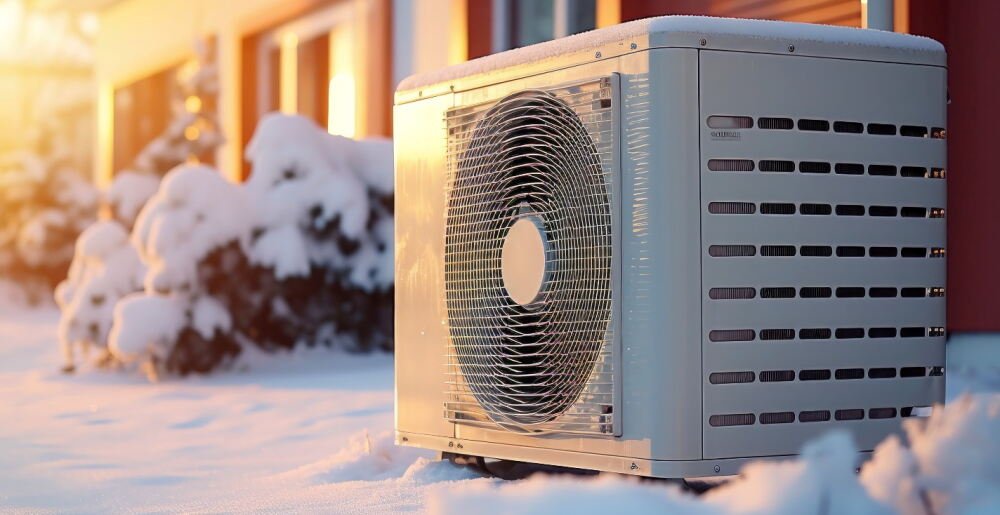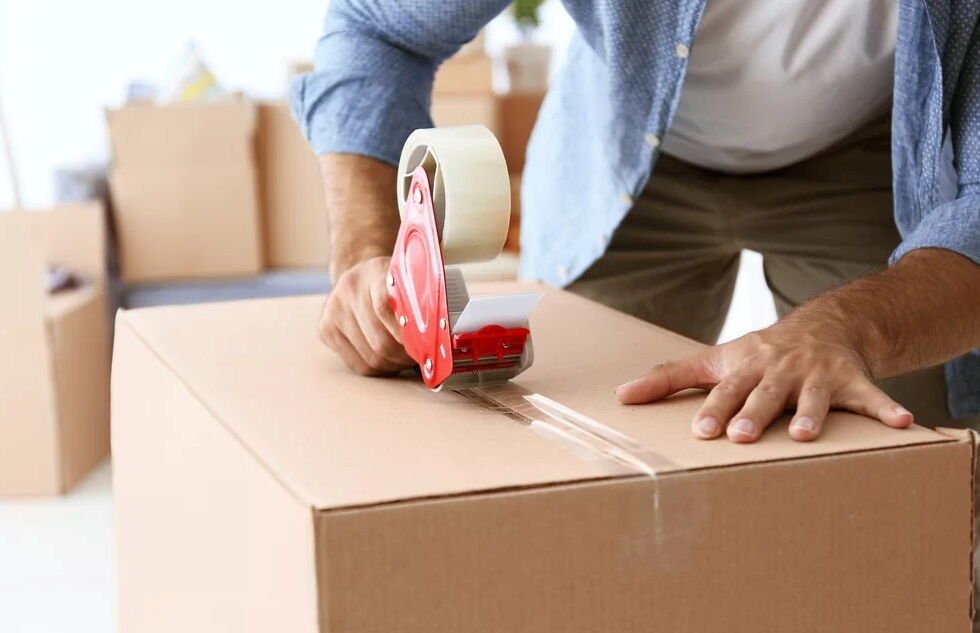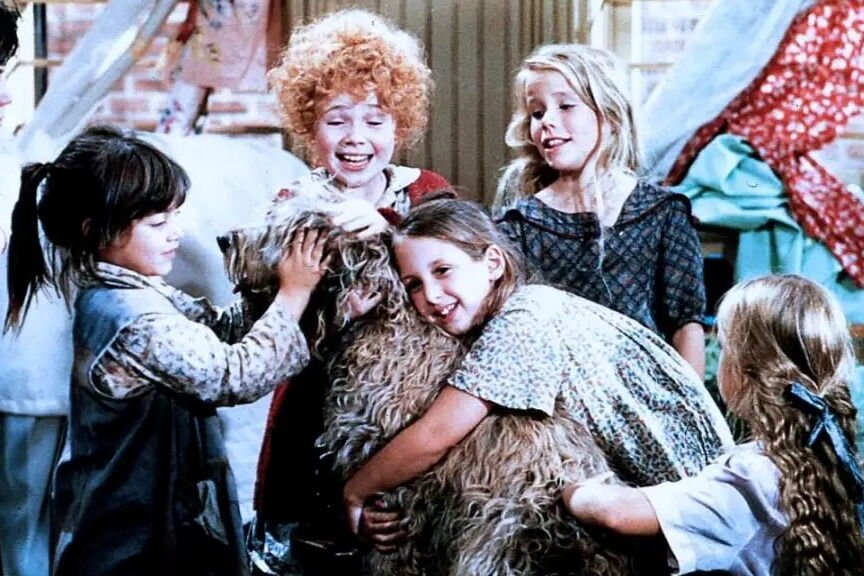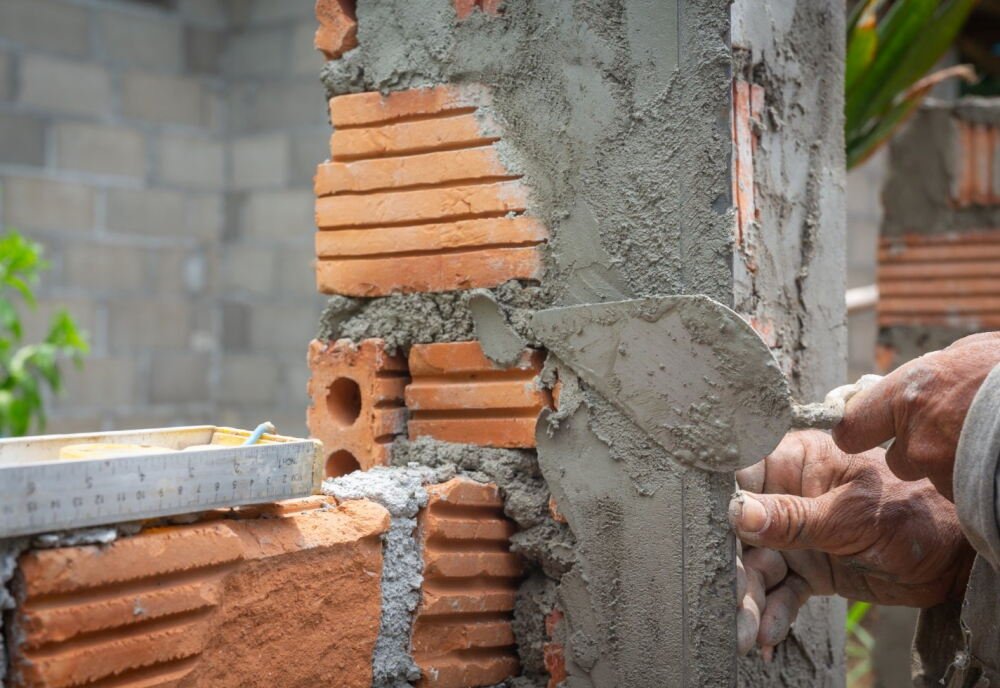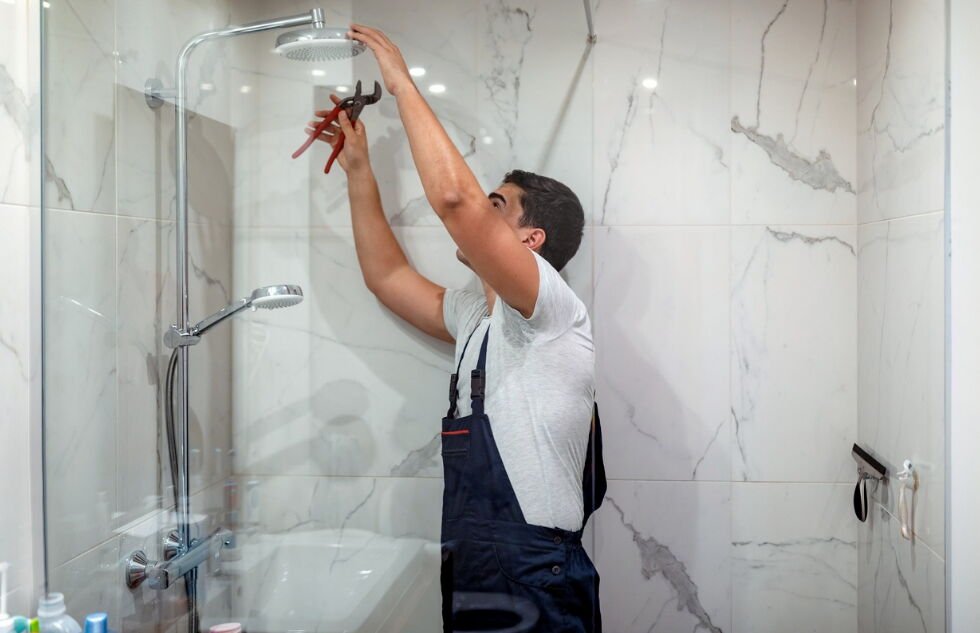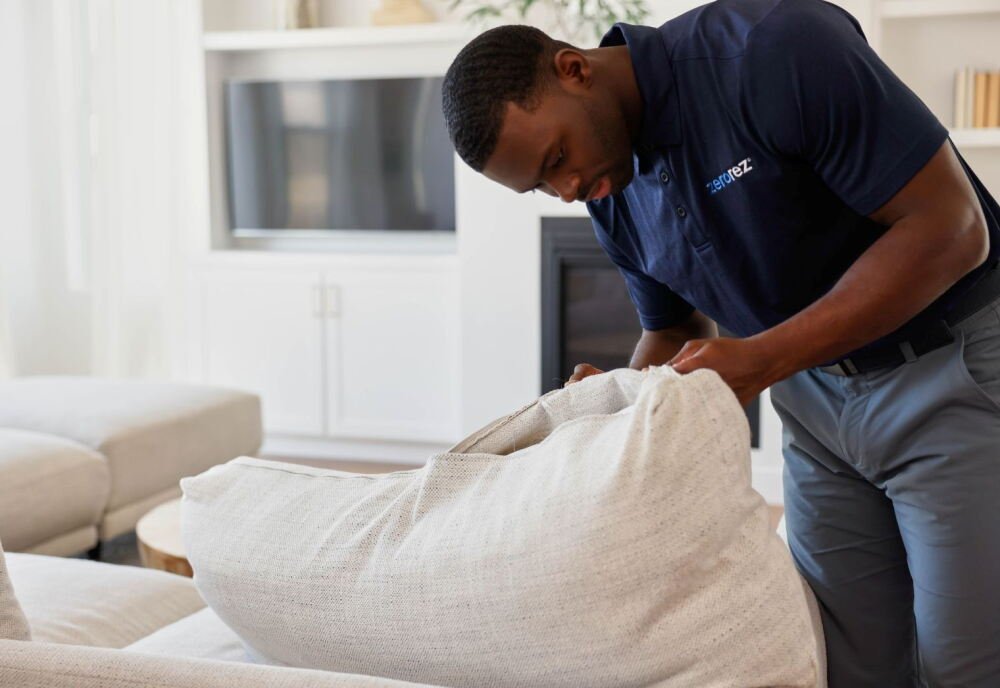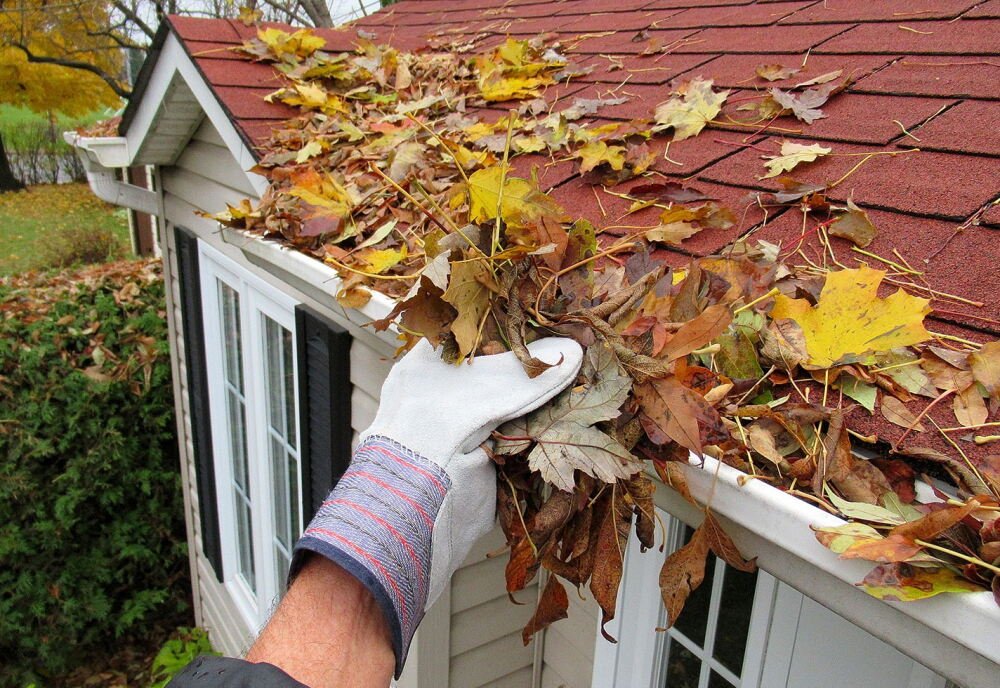Winter is coming, so prepare your home’s heating and cooling systems. Optimising your HVAC system saves energy and makes your home more pleasant. We’ll cover everything from basic maintenance to expert improvements to prepare your home’s heating and cooling systems in this guide.
1. Check Your HVAC System
Make sure your HVAC system works before winter. Maintaining a system ensures season-long warmth. Inspect your furnace, heat pump, and backup heating equipment for wear, corrosion, leaks, and weird noises. Early diagnosis can prevent costly breakdowns. Maintenance may extend the life of your system and improve its efficiency, eliminating costly repairs.
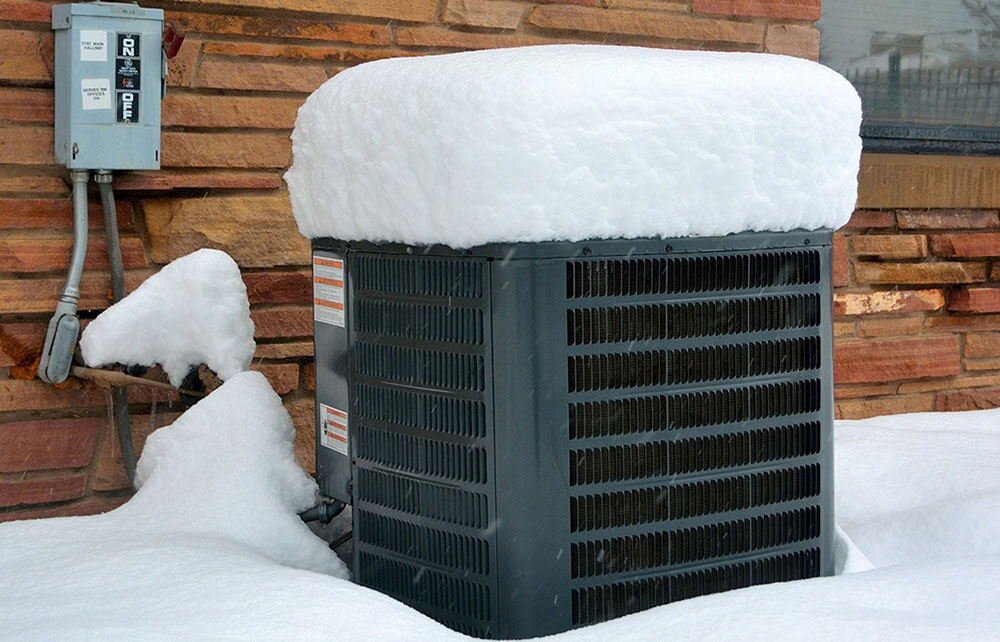
Key Maintenance Tasks:
- Inspect furnace and heat pump.
- Check for leaks, rust, or unusual noises.
- Test backup heating units.
2. Change Air Filters Regularly
One of the simplest yet most effective ways to ensure your HVAC system runs efficiently is by changing the air filters regularly. A clogged or dirty filter can obstruct airflow, strain the system, and lower air quality. During the winter, it’s recommended to replace filters every month due to the increased use of the system. Clean filters promote better air circulation, improve system performance, and help reduce energy bills.
Benefits of Clean Air Filters:
- Improved airflow and system efficiency.
- Better air quality, especially in homes with allergies.
- Reduced strain on the HVAC system.
| Task | Frequency | Benefit |
|---|---|---|
| Change air filters | Every month | Boosts efficiency and air quality |
| Inspect air filters | Every 1-2 weeks | Prevents system strain and airflow blockage |
3. Clean Your Heating Vents
Over time, dust and debris can accumulate in your heating vents, reducing airflow efficiency. Cleaning the vents is an easy but important maintenance task that can help ensure even heat distribution throughout your home. Removing dust and dirt can also improve indoor air quality and reduce the risk of mold or mildew buildup.

Cleaning Steps:
- Remove vent covers.
- Vacuum dust using a hose attachment.
- Use a long brush for hard-to-reach areas.
- Inspect for mold or mildew.
4. Test Your Thermostat
Your thermostat controls your HVAC system. If it breaks, your home’s temperature may vary or be inefficiently managed. Before winter, adjust and check your thermostat. Programmed thermostats can save up to 10% on heating bills by automatically altering temperatures on your schedule.
Benefits of a Programmable Thermostat:
- Consistent temperature control.
- Energy savings by reducing heating when you’re away.
- Convenience with remote control via smartphone.
5. Inspect Your Ductwork
Leaky or damaged ducts can lead to significant heat loss, making your HVAC system work harder and increasing your energy bills. Inspect your ductwork for any visible cracks or gaps and seal them with metal tape or duct mastic. Insulating ducts in attics and basements can further prevent heat loss and improve efficiency.
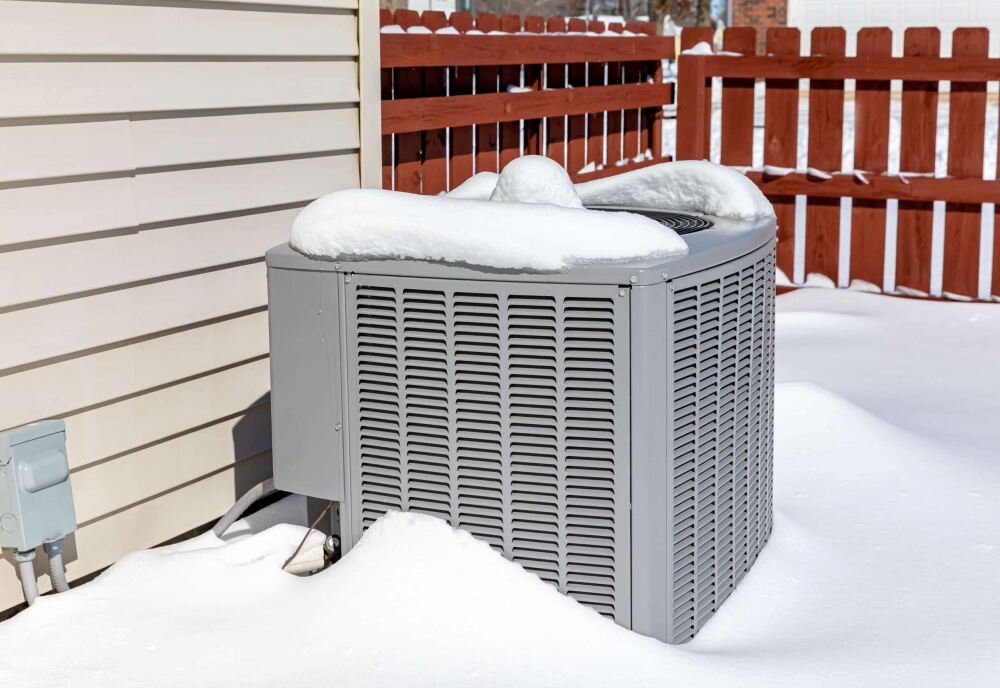
Ductwork Inspections:
- Look for cracks, gaps, or disconnections.
- Seal with metal tape or duct mastic.
- Insulate ducts in unconditioned spaces.
| Duct Maintenance | Task | Frequency | Benefit |
|---|---|---|---|
| Duct inspection | Check for damage or leaks | Once a season | Prevent heat loss |
| Duct sealing | Use metal tape or mastic | As needed | Reduce energy waste |
6. Seal Off Windows and Doors
Draughty windows and doors lose heat, making your HVAC system work harder. Weatherstripping or caulk these spaces to save energy and boost house efficiency. Check the attic, fireplace dampers and pipe penetrations for leaks and seal them.
Sealing Gaps:
- Apply weatherstripping or caulk to windows and doors.
- Seal gaps around the attic, fireplace, and pipes.
- Check for leaks regularly to maintain energy efficiency.
7. Prepare for Heating Emergencies
Winter storms and extreme cold temperatures can cause heating system failures or power outages. It’s essential to have a plan in place for emergencies. Ensure that your heating system is functioning and that you have backup heating options, such as portable space heaters. Consider investing in a generator to provide power during outages and stock up on emergency supplies like blankets and extra fuel.
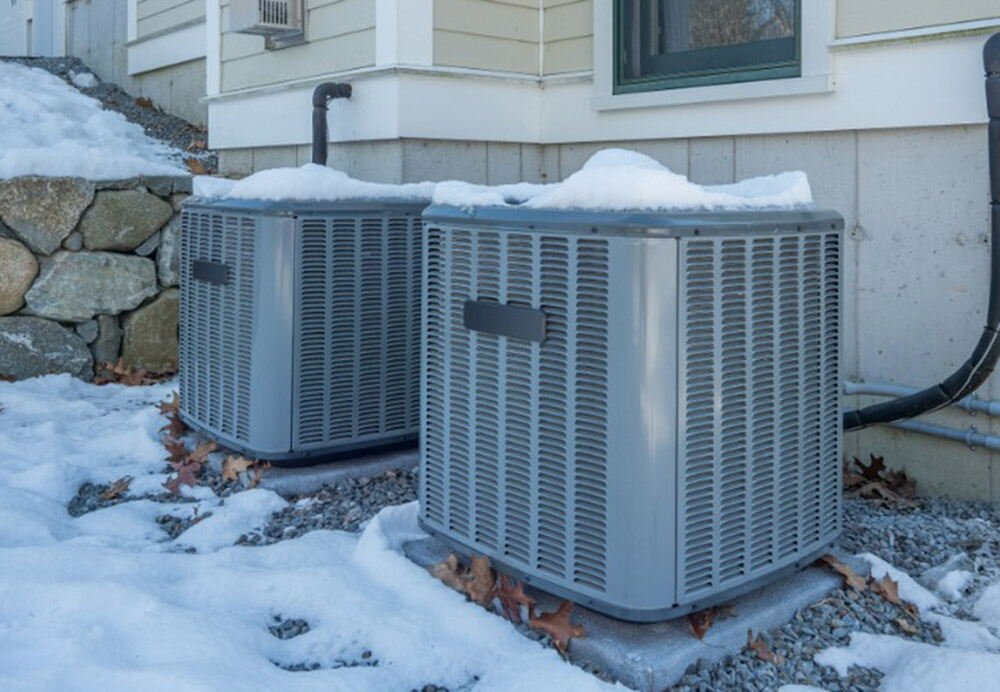
Emergency Plan Essentials:
- Backup heating sources (space heaters, generators).
- Emergency supplies (blankets, fuel).
- Contact list for professional HVAC services.
8. Consider Professional Maintenance
DIY maintenance might help, but professional HVAC maintenance maximises system performance. A skilled technician can examine, clean, and optimise the system. Regular expert maintenance can avoid expensive problems, saving you money.
Professional Maintenance Benefits:
- Thorough system inspection and cleaning.
- Early detection of potential issues.
- Extended system lifespan and efficiency.
9. Invest in Long-Term Upgrades
If your heating system is outdated or inefficient, consider upgrading to newer technology. Energy-efficient furnaces, heat pumps, or smart thermostats can reduce energy consumption and improve comfort. While the initial investment may be higher, the long-term savings on energy bills and maintenance costs can make it worthwhile.
Upgrade Options:
- Energy-efficient furnaces and heat pumps.
- Smart thermostats for better temperature control.
- Insulation and weatherproofing improvements.
Frequently Asked Questions
Why should I change my air filters regularly?
Dirty air filters can reduce airflow and strain your HVAC system. Regularly changing them improves air quality and efficiency.
How can I prevent heat loss in my home?
Seal drafts around windows, doors, and ducts to prevent heat loss. Use weatherstripping or caulk to block gaps.
Should I hire a professional to maintain my HVAC system?
Yes, a professional inspection ensures your system is running efficiently and can prevent costly repairs down the line.
How often should I clean my heating vents?
It’s good practice to clean your vents every season or as needed to ensure proper airflow and air quality.


